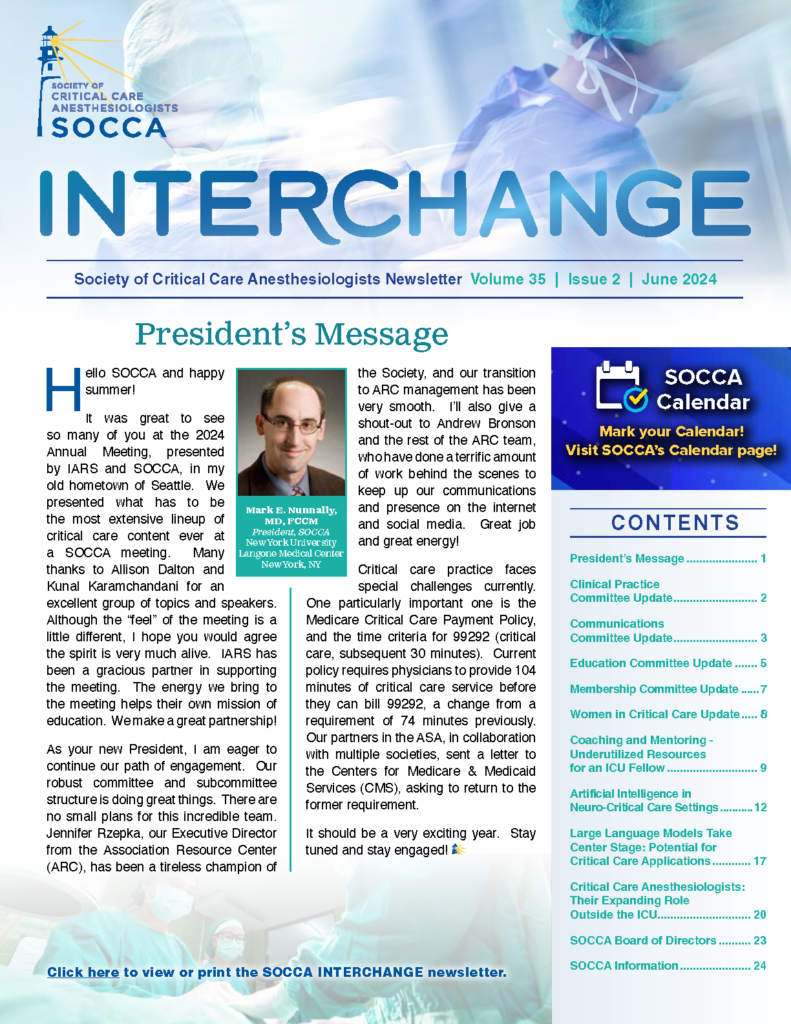We present a 36-year-old woman, BMI 19, with a history of deep vein thrombosis (on Apixaban), rheumatoid arthritis and Crohn’s disease status post previous left hemicolectomy,11 years ago and completion proctocolectomy with end ileostomy ,10 years ago Furthermore, the patient was dependent on total parenteral nutrition given chronic entero-vaginal and enterocutaneous fistulas. The patient was admitted with evidence of a pelvis abscess, surgical intervention was deemed necessary. An exploratory laparotomy with small bowel resection, fistula takedown with an entero-entero anastomosis was performed. The post-operative course was complicated by a pelvic enteric leak, resulting in another exploratory laparotomy, small bowel resection with double barrel jejunostomy. Intra-abdominal wound cultures revealed Vancomycin-Resistant Enterococci and Enterobacter cloacae, hence Meropenem and Daptomycin were initiated.
Continue Reading…



































